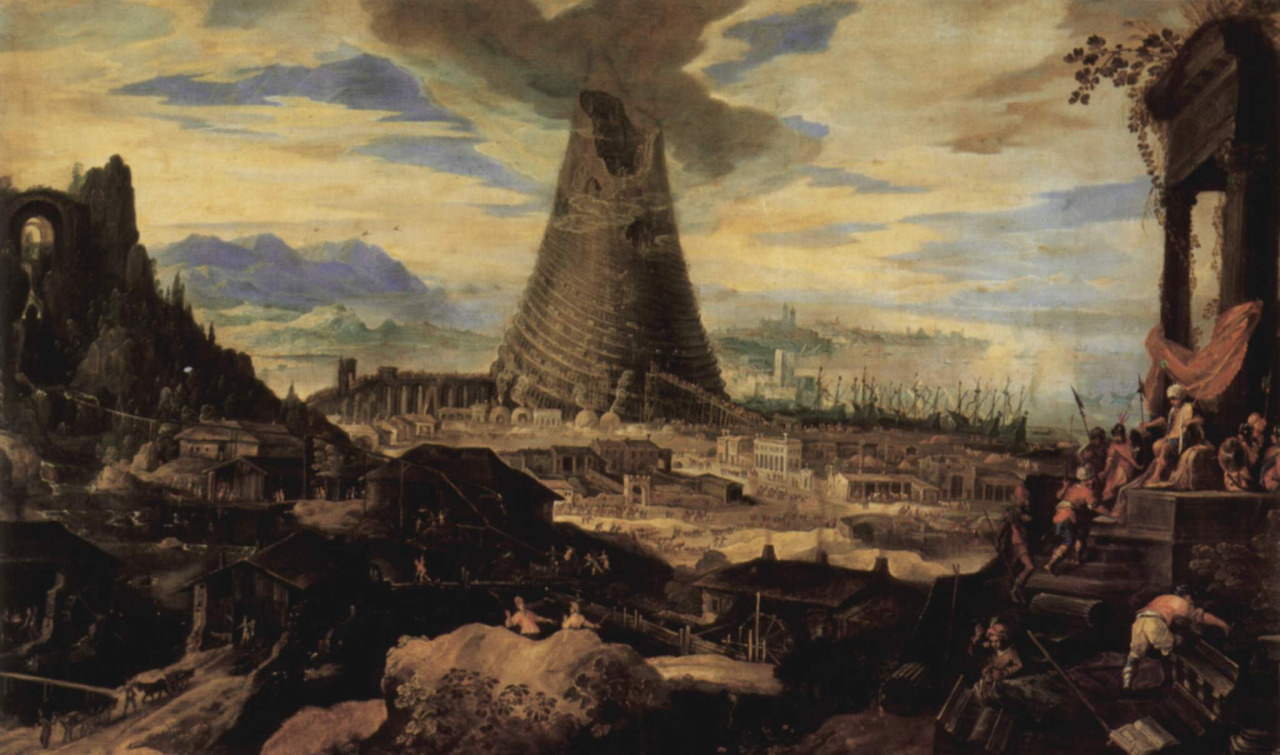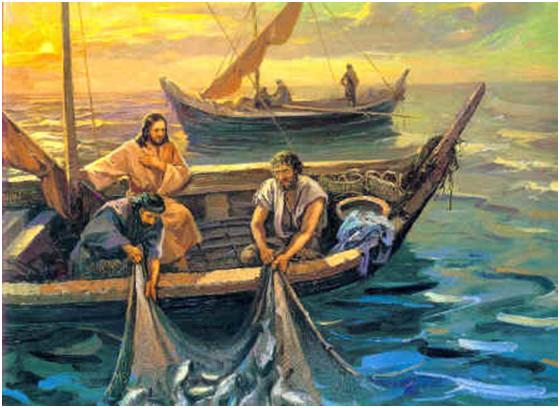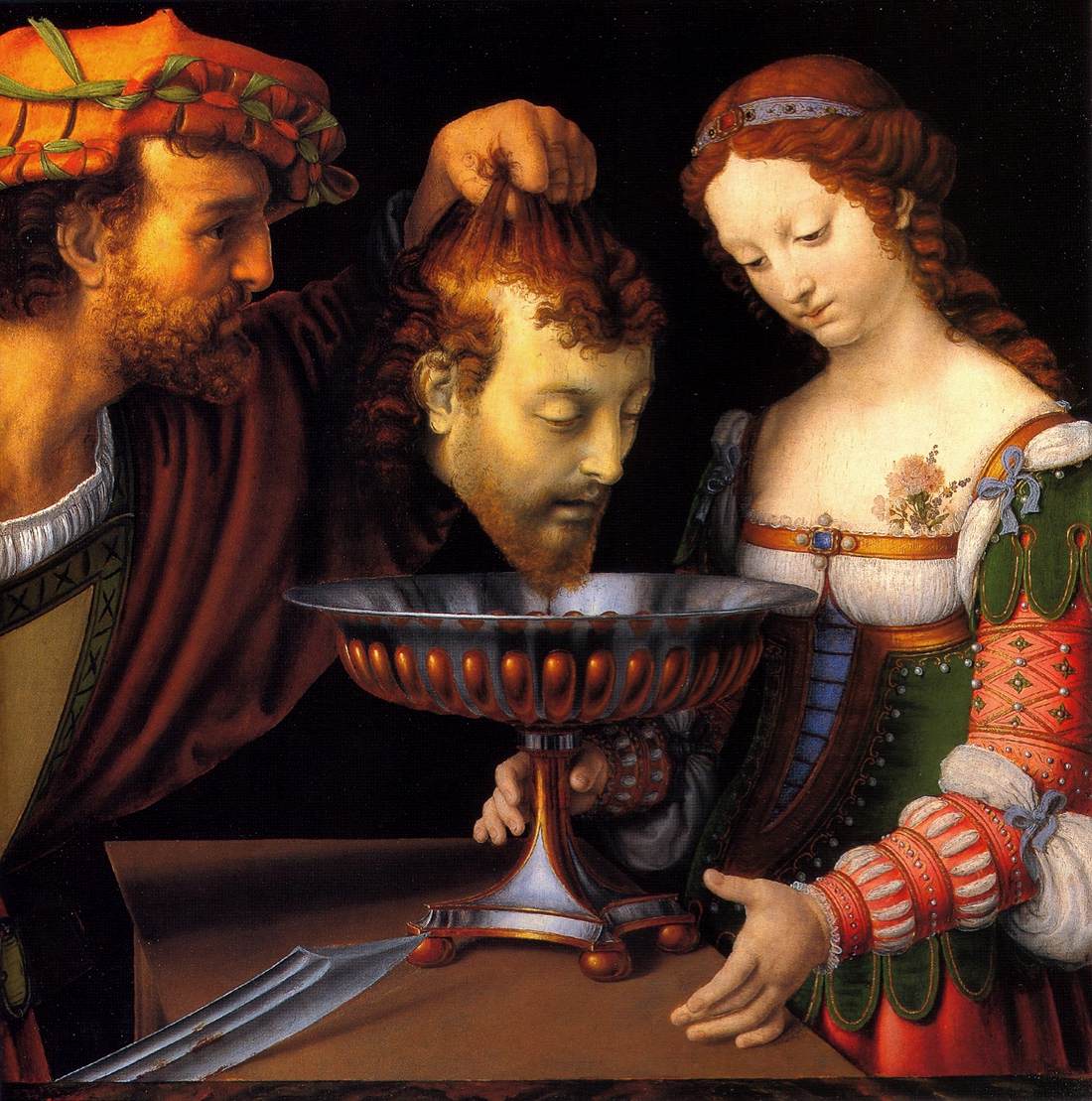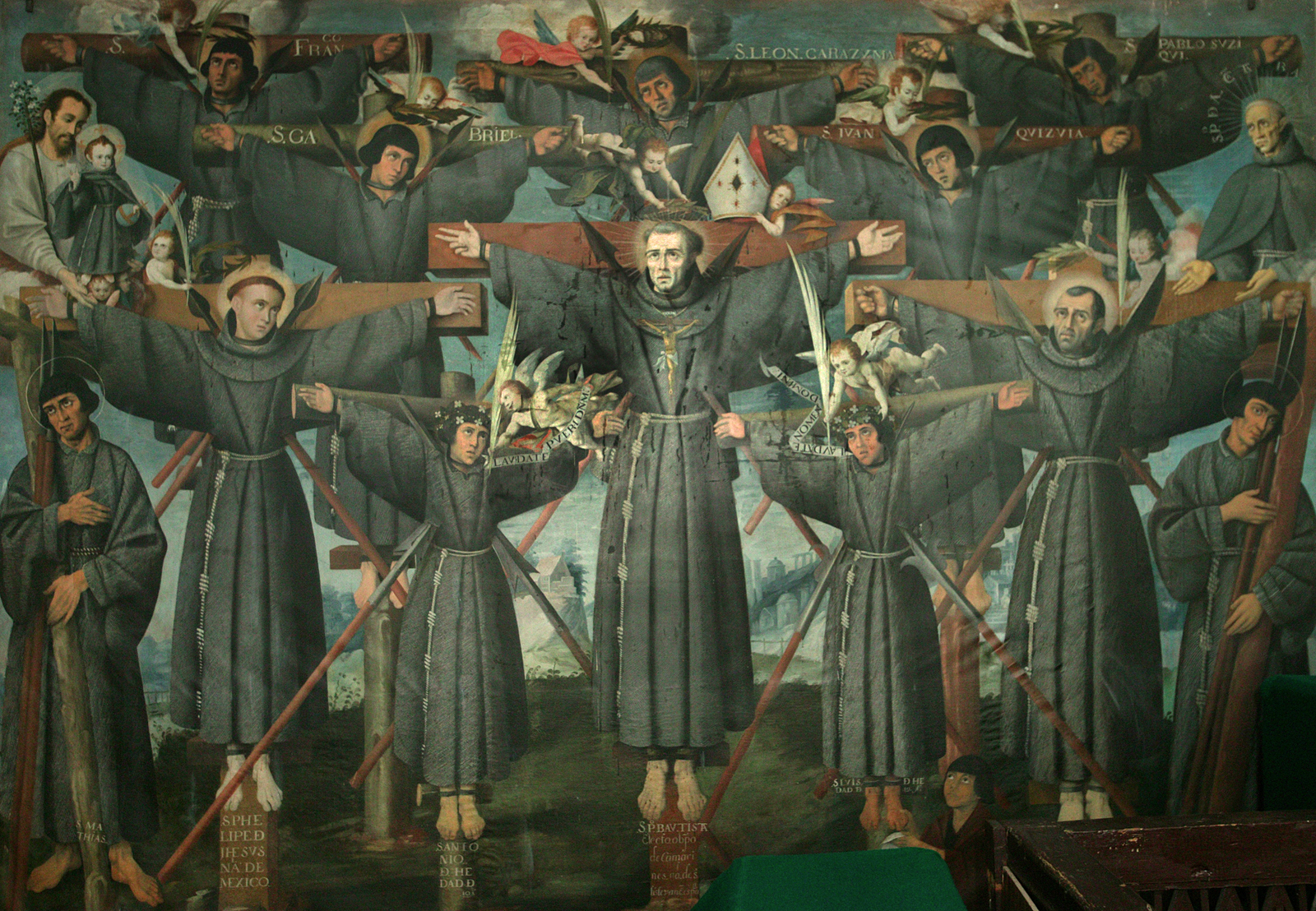In today’s first reading, the people decide that they want to be able to get to heaven, so they decide to build a great big tower, I guess so they could go up the stairs in the tower and get to heaven. But see, that’s not how heaven works. We can’t get there on our own.
Earlier this week in the first reading, Adam and Eve wanted to have the knowledge of God so that they could be like God. So they took the fruit of the forbidden tree that was given them by the serpent and they ate it. But see, that’s not how being like God works. We can’t do it on our own.
So maybe you’re seeing a theme here. We have been reading in the first readings this week from the book of Genesis, the first book of the Bible. In that first book, there are stories that show how our early ancestors are trying to figure out how God works, how faith works, how the world works. And they are making mistakes – plenty of them! But the biggest mistake is always when they tried to do something important all by themselves. That’s always a mistake, because God never intended us to do everything all by ourselves; he always intended that we would work together and work with him to build better lives, and a better world.
You know, that problem, like most problems we see in the Bible, didn’t go away all those many millennia ago. That’s why those problems are in the Bible – so that we can learn from them. Because we still try to do things all by ourselves today, and we still try to do things without working with God today. We want to think that we are smart enough to do things on our own; that we don’t need anybody’s help. But just like in the garden with Adam and Eve, and just like the people building the tower in today’s first reading, that never works. Sooner or later, whatever we are trying to do fails, and then we wonder what’s wrong with us. The answer is probably nothing, it’s just that we haven’t worked the way we are supposed to work. It’s just that we have decided we can do things without God. And we can’t.
Jesus talks about the same kind of thing in today’s Gospel reading. He says to the crowd and his disciples: “What could one give in exchange for his life?” What he is saying is, yes, we have sinned, but no, we can’t change that all by ourselves. We need a Savior. And he is that Savior. And so if we really want to change things, change our lives, change our world, we have to let Jesus in and let him be our Savior. And, as our Savior, he gives us the instruction that we need to follow to change things. He says:
Whoever wishes to come after me must deny himself,
take up his cross, and follow me.
For whoever wishes to save his life will lose it,
but whoever loses his life for my sake
and that of the Gospel will save it.
So we can’t eat the fruit of the forbidden tree and expect to become like God. We can’t build a tower and expect to get to heaven. We have to take up our Cross, just like Jesus did. We have to lay down our lives for our brothers and sisters by giving them our time, our love, our kindness, even when it’s inconvenient for us, because that’s what will change our lives and help other people learn how much Jesus loves them. We have to stop trying to do things our way, all by ourselves, and do them God’s way, with him as our guide.










You must be logged in to post a comment.